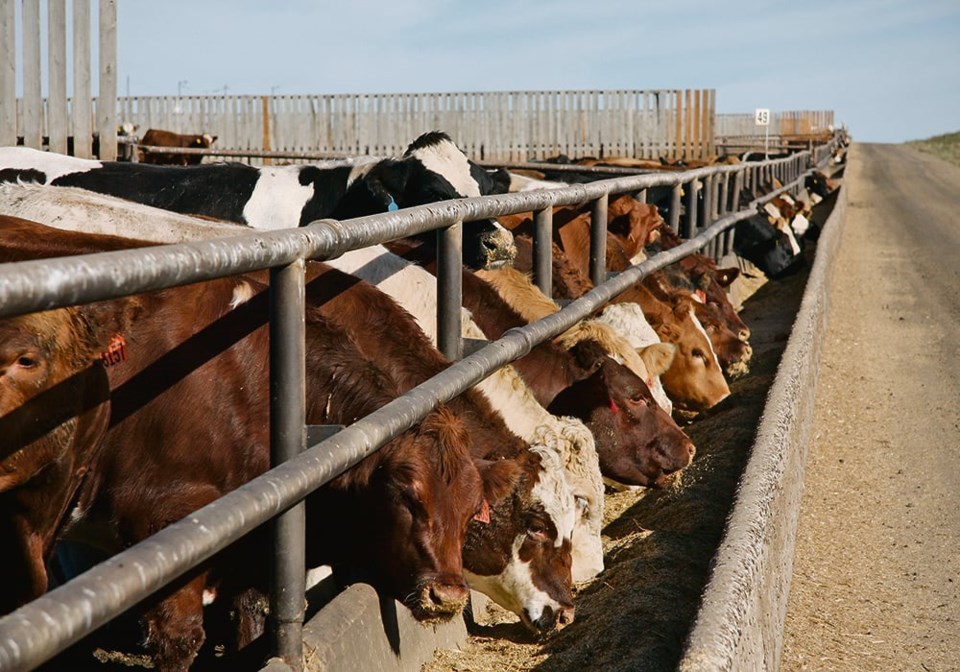Various departments and agencies in the Canadian government review and approve products daily ranging from hockey helmets to vaccines to seed varieties and feed additives for livestock.
The Canadian Food Inspection Agency, Health Canada and the Pest Management Review Agency play a crucial role in Canada’s agricultural sector, first by ensuring that Canadian products meet international standards and maintain a strong reputation for quality and second by affecting the competitiveness of Canadian farmers.
It is on the latter issue where government can make a significant difference for Canadian farmers without spending a dollar.
Companies that make new products, whether feed additives, crop protection or seed varieties, generally seek regulatory approval in the largest markets, namely the United States and the European Union, long before seeking approval in smaller markets such as Canada. This means there can be a significant gap before Canadian farmers have access to the same tools as their international competitors.
A case in point is 3NOP, a feed additive product that has been proven to reduce methane emissions from livestock on average by 70 percent. DSM, the company that developed the product, has approvals in the European Union, Australia and Switzerland.
Last year an application was made to Health Canada for approval to use this additive here. Approval could take up to two years. This is for a product that reduces methane emissions to help fight climate change.
We need more urgency when approving such applications, not only for the climate, but for our regulatory competitiveness.
So how can we reduce that delay without compromising the role our agencies play? The answer is to rely on the science and robust processes of other trusted jurisdictions to inform and expedite our own regulatory approvals.
If a product has approvals from the United States, the EU, the United Kingdom, Australia, New Zealand and Japan, for example, we can be confident those decisions were based on rigorous assessment and sound science. Consequently, the likelihood that the product would not ultimately be approved in Canada is very low.
However, there is little to no expedited approval pathway for applicants who approach Health Canada, CFIA, and PMRA with regulatory approvals from other countries in hand. That should be changed.
Applicants who have regulatory approval from two or more “trusted jurisdictions” could apply for a “presumptive approval” to operate in Canada on the strength of their approvals elsewhere. Canadian regulators could review the science and processes used in other countries in an expedited manner and approve a product on an interim basis while the complete approval process is undertaken.
If regulators at any point found cause for concern, the “presumptive approval” could be paused. However, the expectation is this would be rare given the successful approvals on sound processes in trusted jurisdictions. This is an initiative that could significantly close the gap on Canadian competitiveness for products that are demonstrably safe and low risk.
There is a wide spectrum of what Health Canada, CFIA and PMRA regulate. We could start with products that are low-to-moderate risk and go from there.
Bill S-5 is proposing, for the first time, that CFIA can consider foreign decisions as part of its own regulatory process under the Feeds Act and Seeds Act. That is a decent start, but we need to incorporate more legislation that can use trusted foreign decisions and create an expedited pathway for approvals.
It is a reasonable approach.
Kody Blois is chair of the House of Commons agriculture committee.

